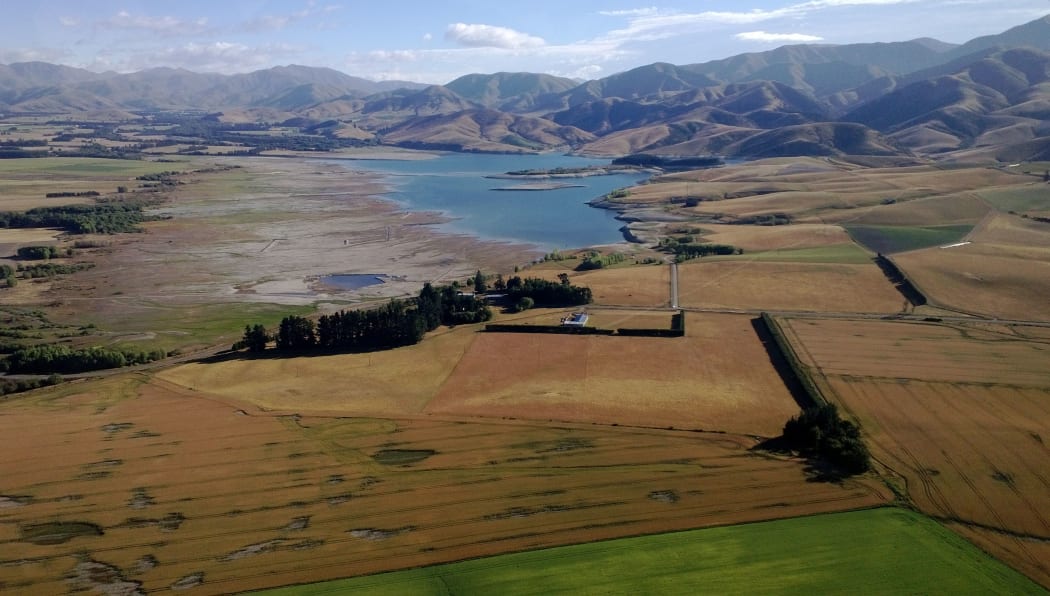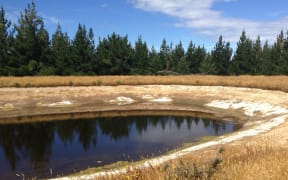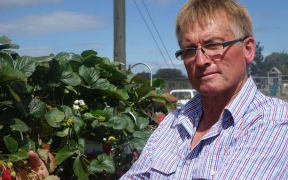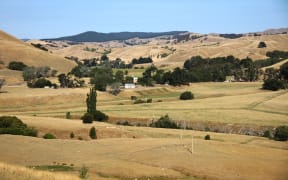A report suggests Canterbury's land use and crops should be diversified to support the region's economy.

Drought conditions in mid-Canterbury, January 2015 Photo: Jeremy Talbot
The report, released by the Canterbury Development Corporation yesterday, said diversification would help when other sectors such as dairying were under pressure with a low milk payout and the drought.
The corporation's chief executive Tom Hooper said branching out from the region's traditional cropping and sheep and beef farming, was making sure the eggs were not all in one basket.
The research found milking sheep and production of honey, blackcurrants and pharmaceutical crops such as poppies were all viable options.
"All four of those had a variety of different opportunities for value add that make them look extremely attractive, so for example, sheep milk is very good for the lactose intolerant market, which trades at a significant premium internationally, so there is a very good yield opportunity there."
Mr Hooper said all options would need a reliable supply of water, however, the four suggested would have a lower impact on supply and quality than other farming.
A Lincoln University lecturer said the report had come at a crucial time.
Its head of ag management Guy Trafford said diversification was key to ensuring Canterbury remains one of the premier food producing regions in the country.
"We've been going down a pathway I think where cow dairy has had the profile, they still aren't the predominant land use in Canterbury ... sheep and beef or sheep particularly are still the predominant land use in the wider Canterbury area, but for all sorts of reasons from environmental, economic and social reasons we need to have this good diversity of products.
"We can't rely upon a narrow range for economic reasons as much as anything else."
Mr Trafford said while the report was only a starting point, designed to create discussion, there were hurdles to establishing the six suggestions.
"One's probably a lack of an exisiting processor, that goes for probably pharmiceuticals, sheep milking, blackcurrants to a lesser degree and the pea isolate where peas are ground into a flour and used as a protein to I guess, compete with soy and other types of proteins, milk powder and things, so they all need a processor.
"Things like honey and walnuts I guess time is the impediment you know the hurdle they have to get across, so none of these things can be sort of started tomorrow easily, they're all going to take time to establish."




